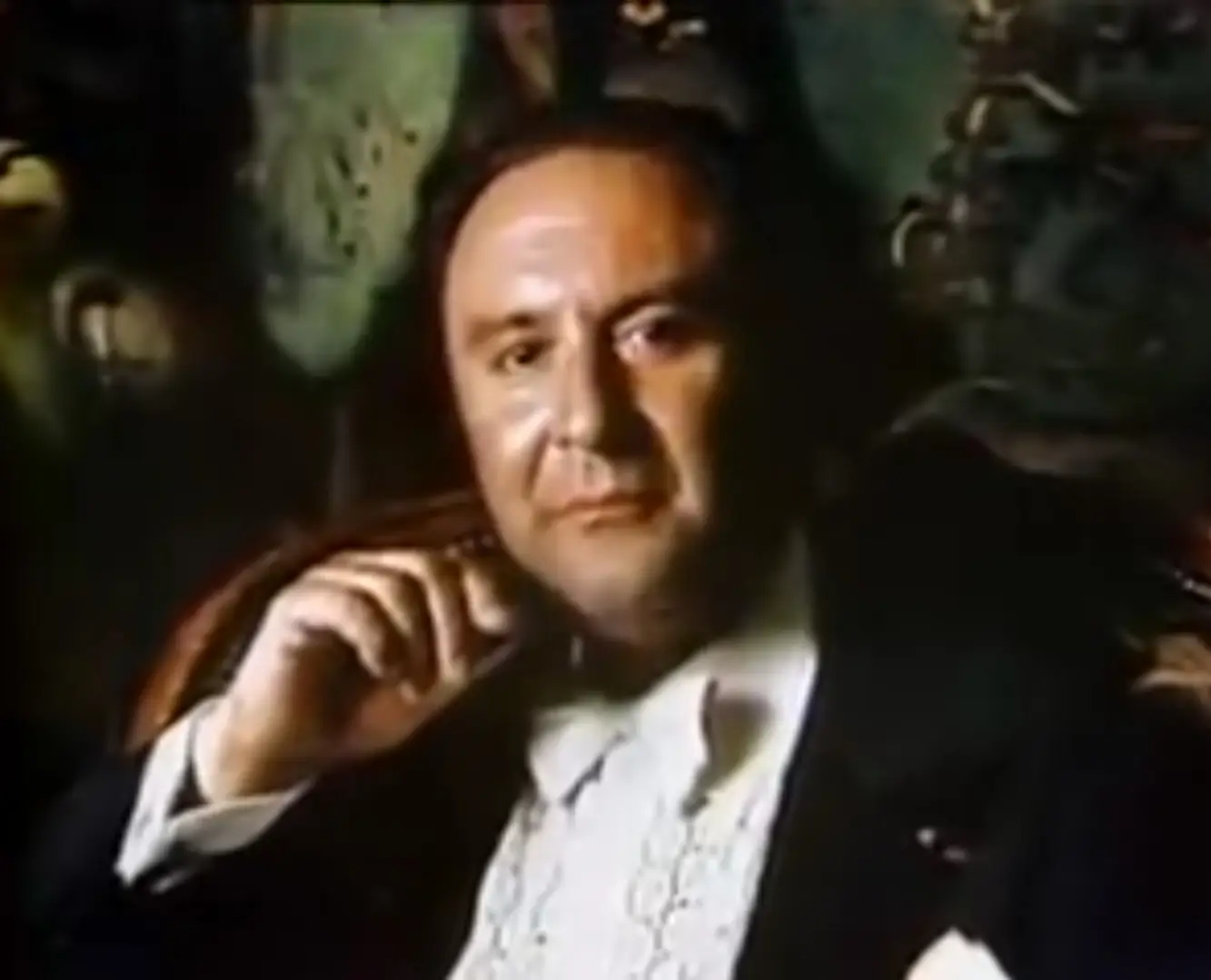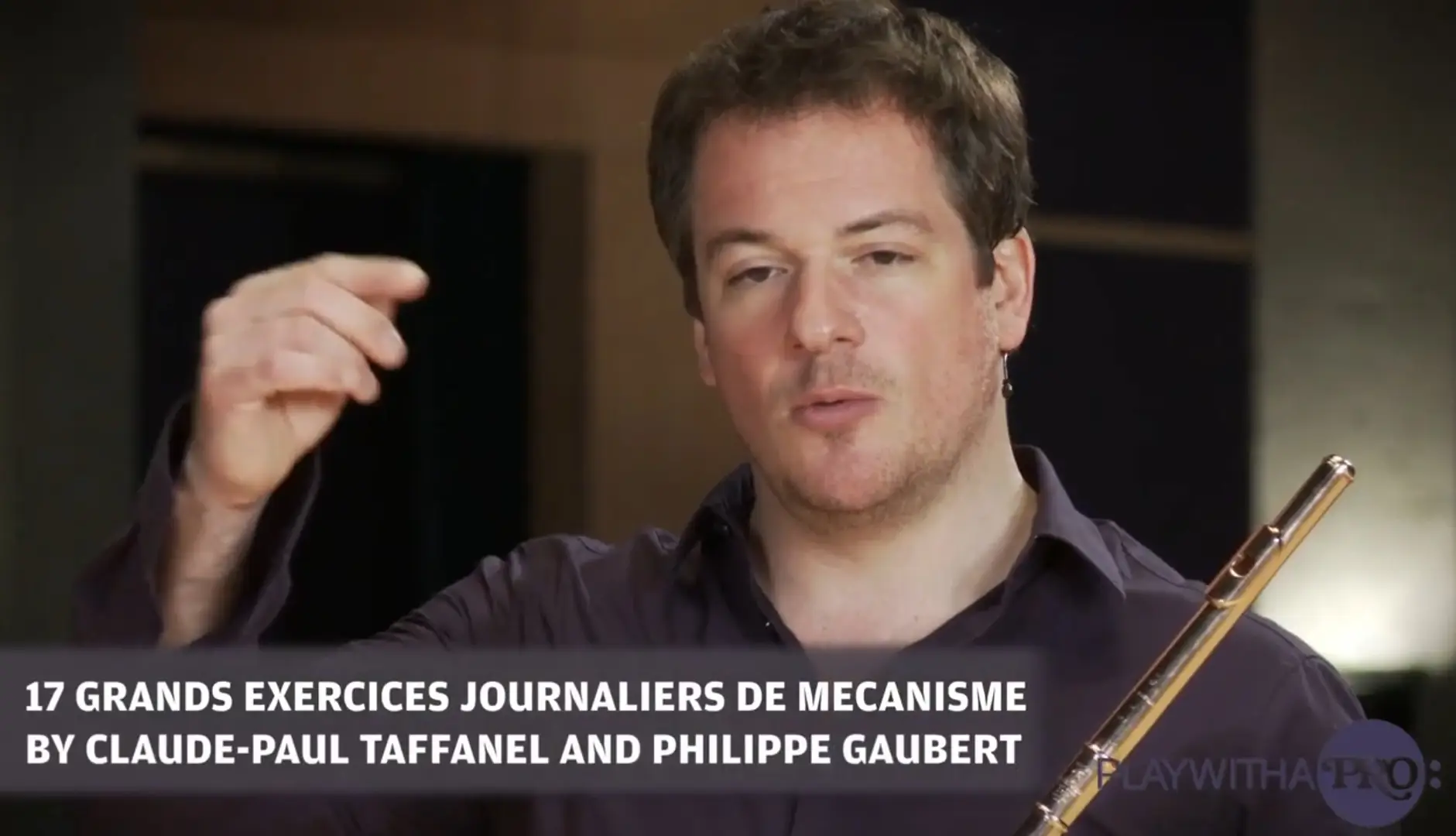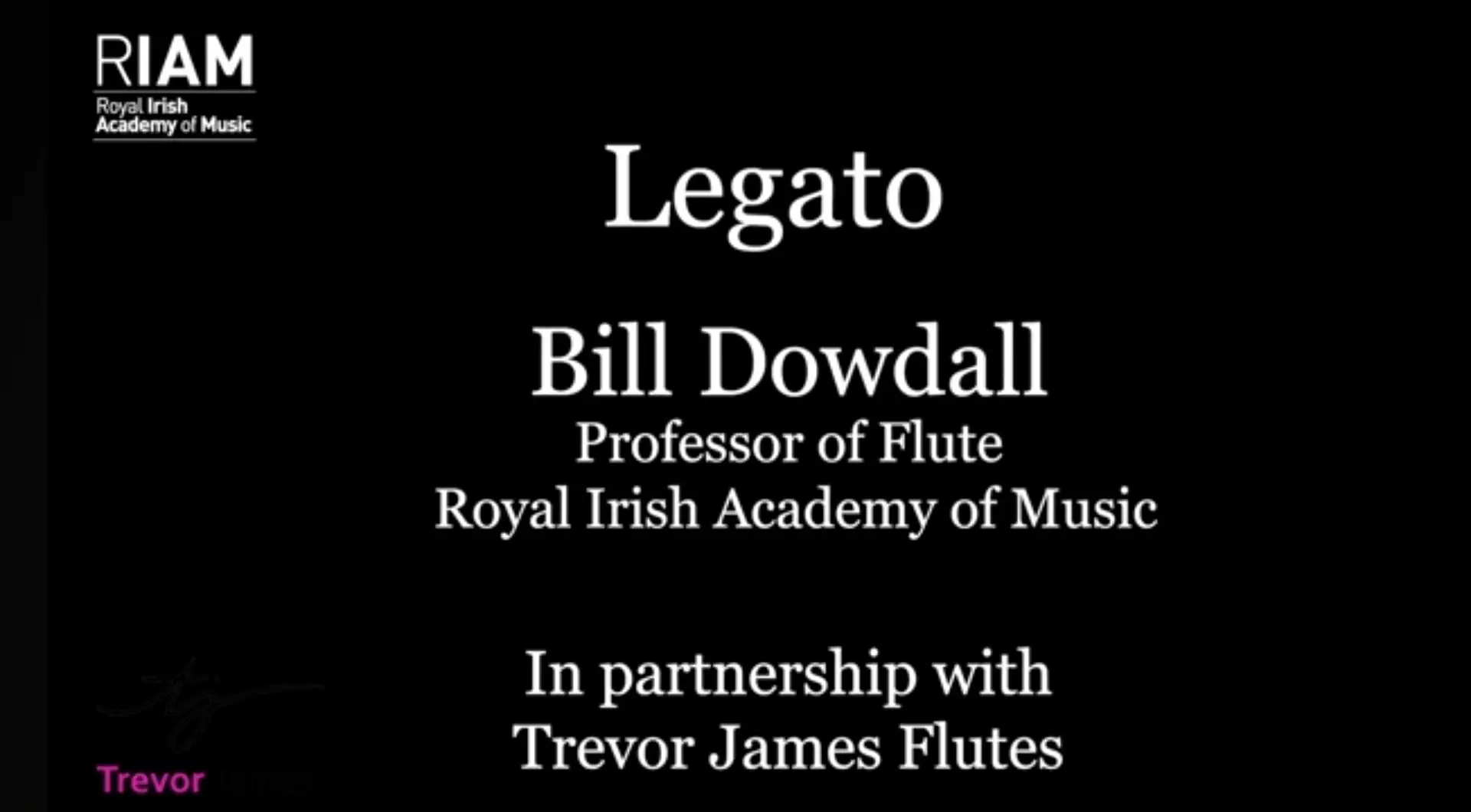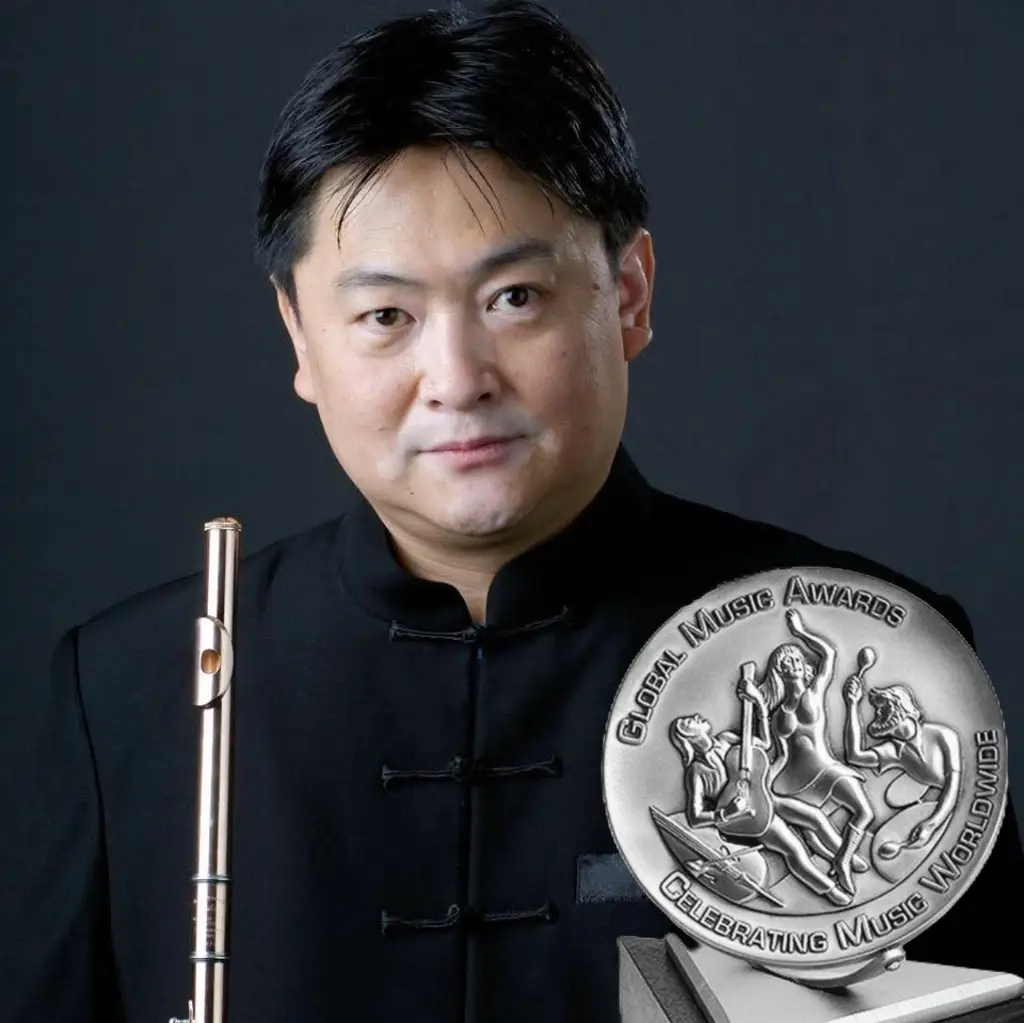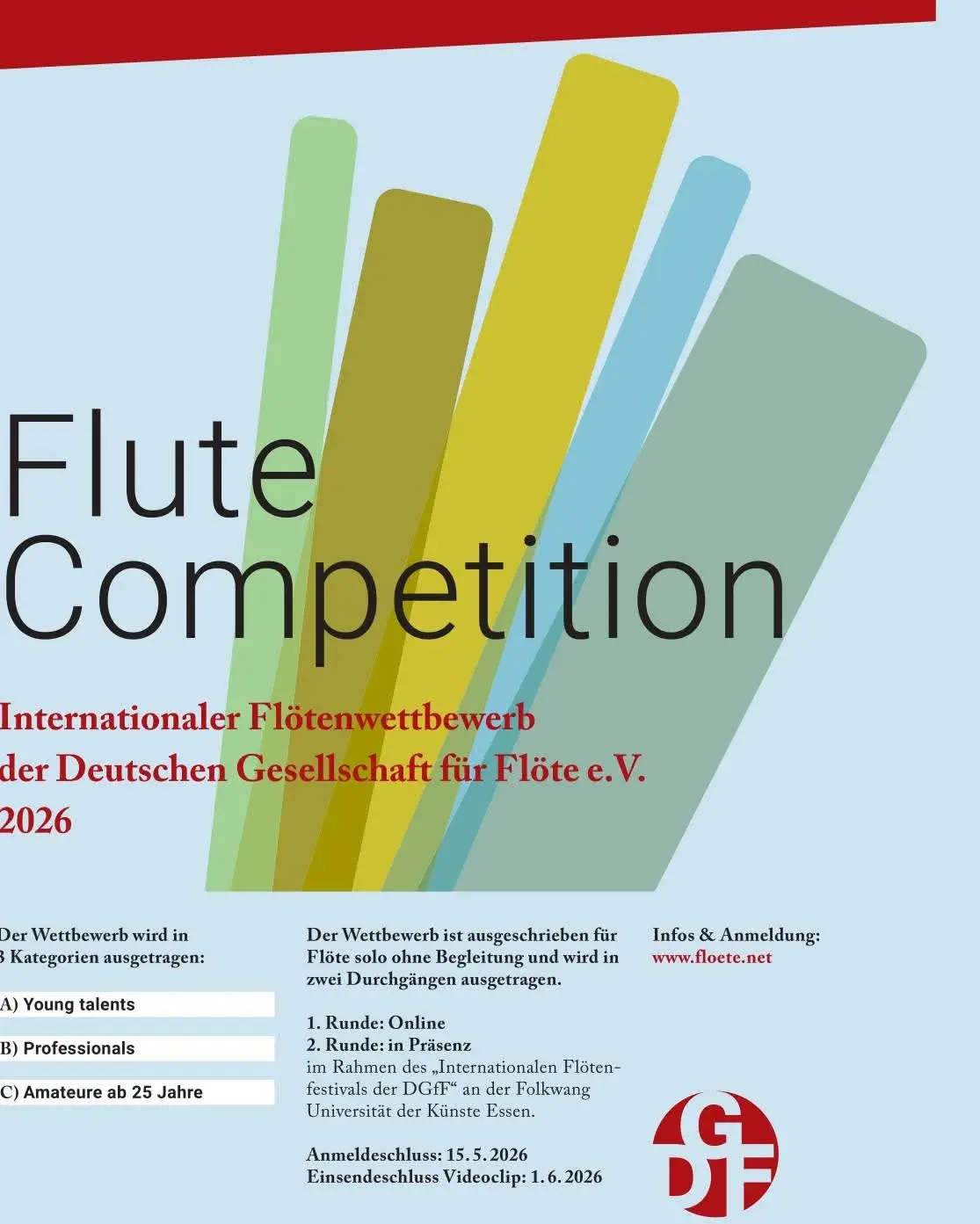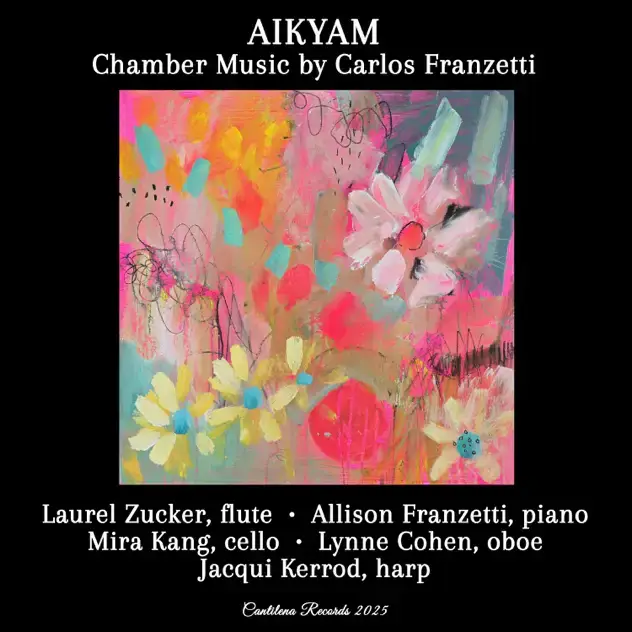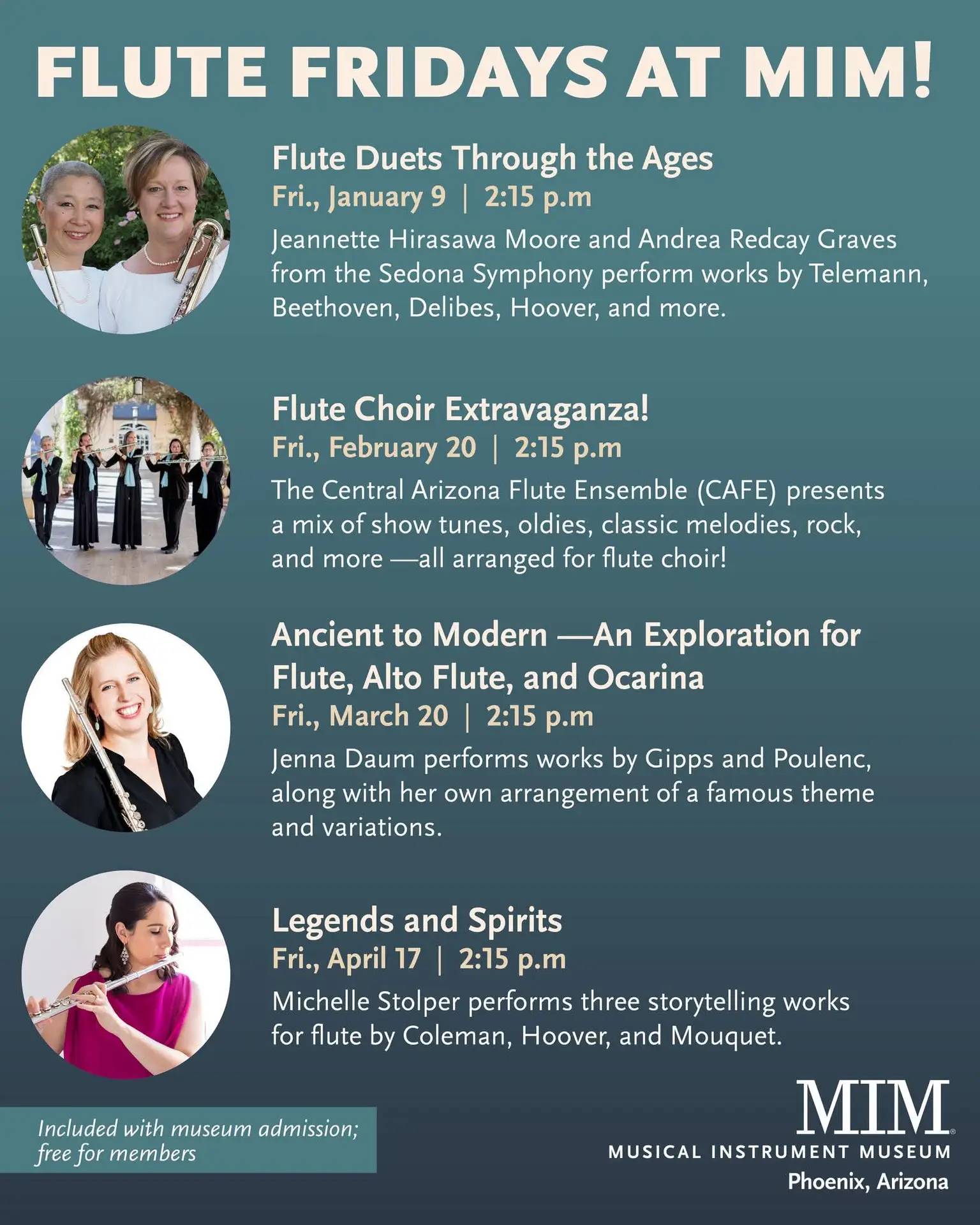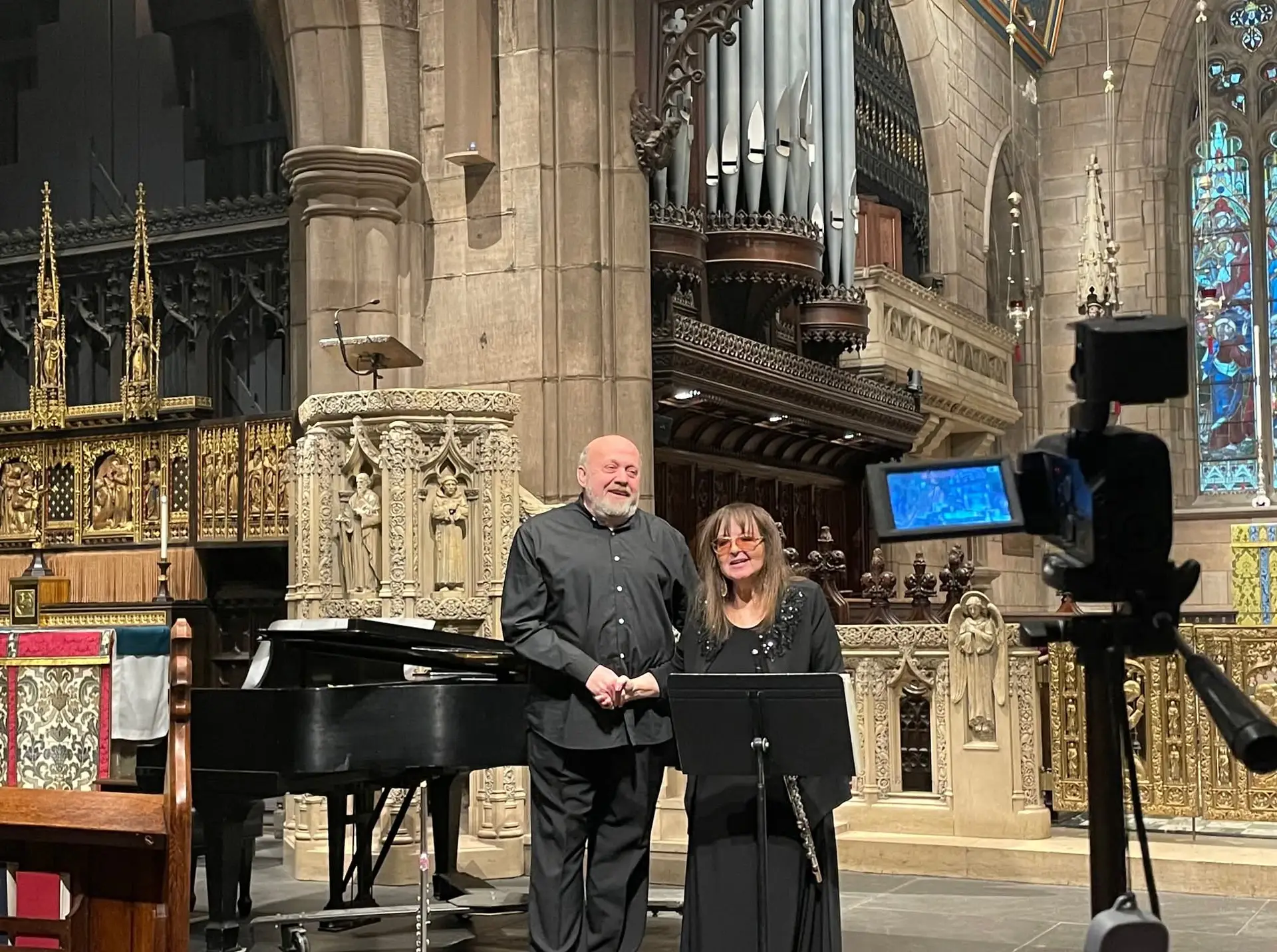In March 2010, at the Escuela Superior de Música Reina Sofía in Madrid, an extraordinary masterclass was held featuring the late Professor William Bennett, one of the most influential figures in the flute world, alongside flutist Rui Borges Maia and pianist Cameron Roberts. The focus of this masterclass was Franz Schubert’s Introduction and Variations on Trockne Blumen from Die schöne Müllerin, D. 802—a work that has been a cornerstone of the flute repertoire for generations.
Analyzing Schubert’s Masterpiece
Schubert’s Trockne Blumen Variations, composed in 1824, offer a profound exploration of emotional depth and technical virtuosity. The piece, originally based on a melancholic song from his song cycle Die schöne Müllerin, features an introduction followed by a set of variations, each requiring a distinct approach to phrasing, articulation, and character. Throughout the masterclass, Bennett, known affectionately as “Wibb” in the flute community, offered insights into the harmonic structure and phrasing of the work. He emphasized the importance of understanding phrasing in relation to the underlying harmony, urging the performer to engage deeply with the music’s emotional content.
Bennett also provided guidance on articulation, demonstrating how subtle differences in attack and release could dramatically alter the expression of a phrase. He encouraged Rui Borges Maia to experiment with different articulations to best convey the emotional arc of each variation. His keen attention to detail extended to matters of embouchure as well, advising adjustments to handle technically challenging notes, such as D#, which requires careful lip placement for accurate intonation and tone production.
Interpretation and Breathing: A Personal Touch
A unique aspect of this masterclass was the discussion around breathing points. Schubert’s variations demand not only technical precision but also intelligent phrasing to sustain musical flow. Bennett worked with Maia on identifying the best moments to breathe without interrupting the musical line, offering practical advice drawn from his decades of performance experience.
Additionally, the masterclass touched upon the different versions of the melody found in various editions of the piece. Bennett encouraged Maia to choose an edition that resonated with his artistic interpretation, highlighting the importance of making personal choices while staying true to the spirit of the music.
William Bennett’s Legacy
Professor William Bennett (1936–2022), known for his prolific recording career and trailblazing contributions to flute performance, left an indelible mark on the world of classical music. As a soloist, chamber musician, and orchestral flutist, Bennett brought a unique warmth and brilliance to the instrument. His technical innovations, including his development of the “Wibb” flute scale, transformed the way flutists approach intonation and tone color.
Beyond his performance career, Bennett’s teaching legacy is unparalleled. He was a professor at esteemed institutions such as the Hochschule für Musik Freiburg and the Royal Academy of Music, and he conducted masterclasses worldwide, mentoring a generation of flutists who have gone on to international acclaim. His generosity as a teacher and his deep understanding of the flute repertoire made him one of the most respected pedagogues in the field.
Escuela Superior de Música Reina Sofía: A Hub for Young Talent
The Escuela Superior de Música Reina Sofía, founded in 1991, has played a pivotal role in nurturing young musicians. This institution, based in Madrid, offers exceptional musical training under the guidance of world-renowned faculty. The school’s open-audition policy ensures that admission is based solely on talent, providing a nurturing environment for students like Rui Borges Maia to hone their skills under the tutelage of masters like William Bennett.
The masterclass at the Reina Sofía School of Music exemplifies the school’s commitment to artistic excellence and its mission to shape the next generation of musicians.

